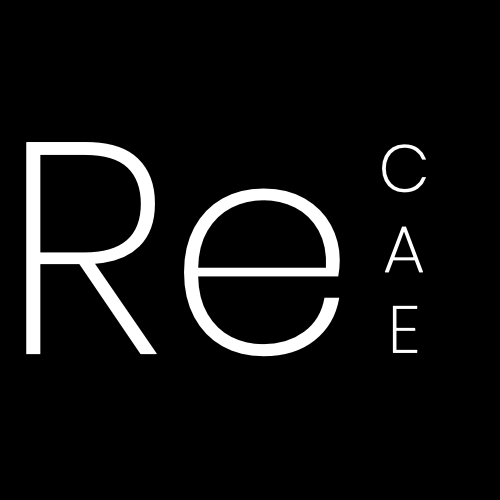The SPace project
introduction to space & beyond
Blast off into the universe with “The Space Project: Introduction to space & beyond”, where young minds will embark on an interstellar adventure to unravel the secrets of orbital mechanics and satellite communications.
Presented by Re CAE, this interactive course takes you on a thrilling journey to explore how satellites orbit our Earth, enabling everything from your favorite global television shows to instant messages sent across the world.
Learning Objectives
By the end of "Space Explorer: The Mystery of Orbits," students will be able to:
Understand Orbital Mechanics: Grasp the fundamental principles that govern the motion of objects in space, including planets, moons, and satellites.
Learn Satellite Communication Basics: Discover how satellites communicate, the types of orbits used for different purposes, and the role of satellites in global communication networks.
Apply Scientific Principles: Use the concepts of gravity, inertia, and orbital velocity in practical experiments to better understand how they influence orbital paths.
Think Like Engineers: Develop problem-solving skills by designing simple satellite models and planning their orbital paths to achieve specific communication objectives.
Explore the Impact of Satellites: Understand how satellite technology impacts daily life, from GPS navigation to weather forecasting and global telecommunications.
Key Concepts
Gravity and Orbits: How gravitational forces between objects in space create orbits.
Types of Orbits: The characteristics of geostationary, polar, and other orbits, and their specific applications.
Satellite Communications: How satellites send and receive data from Earth, including the basics of signal transmission and reception.
Space Environment: Challenges of the space environment for satellites, including solar radiation and space debris.
Future of Space Exploration: An overview of emerging technologies in space exploration and satellite communication.
FAQ
-
No, "Space Explorer: The Mystery of Orbits" is designed for young enthusiasts with little to no background in space science. We'll cover all the basics you need to know!
-
This course is tailored for students aged 10 to 15, offering a mix of fun and educational content that's just right for this age group.
-
Beyond learning about orbital mechanics and satellite communication, you'll develop critical thinking, problem-solving, and teamwork skills that are valuable in any field of study or career.
-
English or French
-
Dr Thibault Bridel-Bertomeu (CTO & cs -founder of Re CAE) with double master’s in aerospace engineering, a PhD in computational physics in aerospace, extensive work experience in the French Space Agency, the French Nuclear energy Department, and AI-first companies.
